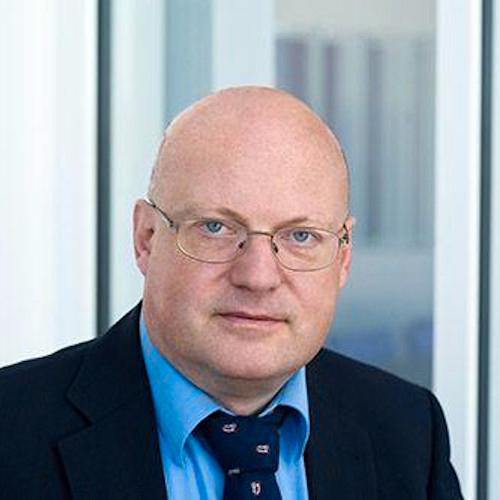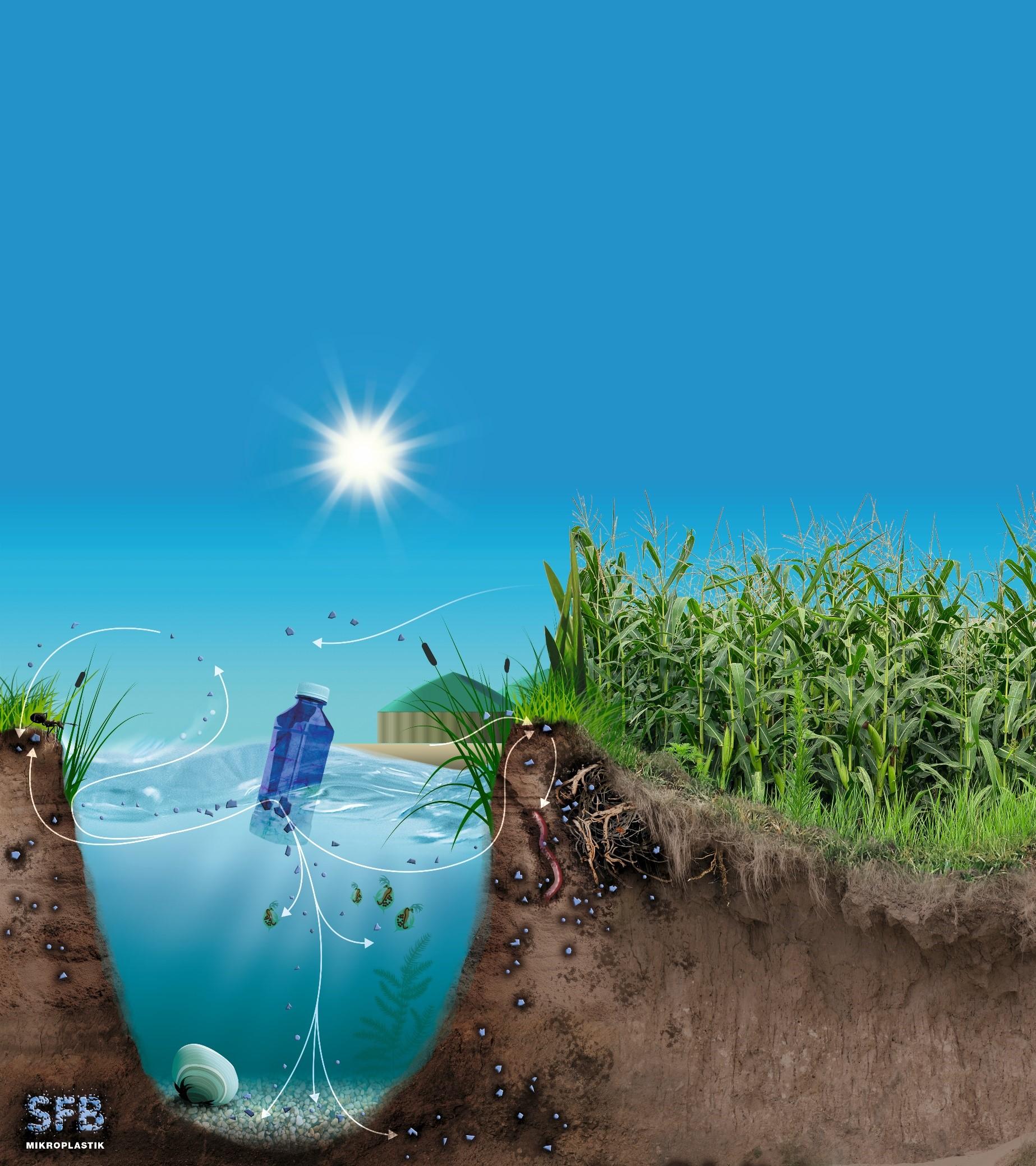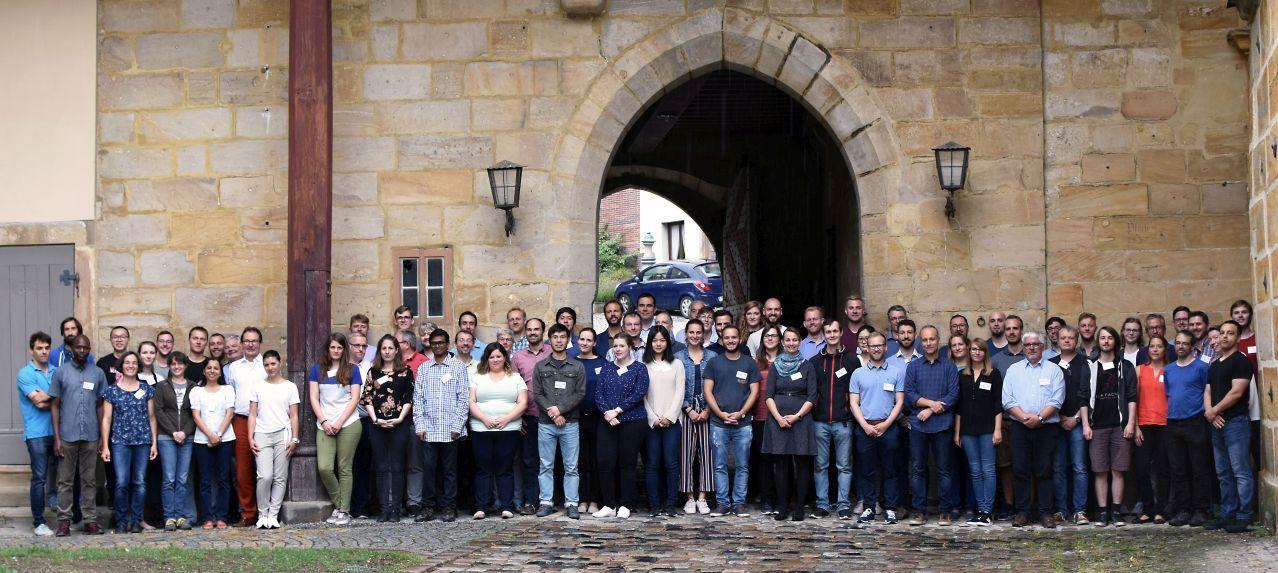DFG extends Collaborative Research Center "Microplastics" at the University of Bayreuth
University of Bayreuth, Presse release No. 194/2022 - 29 November 2022
The German Research Foundation (DFG) will again fund the Collaborative Research Center 1357 "Microplastics" at the University of Bayreuth with approximately 13 million euros over the next four years. Established in 2019, the CRC investigates the increasing contamination of the environment by plastics worldwide and develops innovative solutions to counteract the resulting ecological, health and economic dangers. The close linking of interdisciplinary basic research with problem-related application research will enable well-founded risk assessments and further strengthen the transfer of knowledge to the public.
"The decision of the DFG to continue to extensively fund the Collaborative Research Center 'Microplastics' shows that the University of Bayreuth has developed into an internationally outstanding center for research on this highly relevant future topic in social, ecological and material terms. Due to the campus-wide networking of ecology and environmental science with polymer and colloid research, the CRC 1357 will continue to work intensively in the com-ing years to clarify the effects of plastics in the environment and to explore new ways to avoid environmental contamination with plastics. In this way, the University of Bayreuth will be able to contribute to groundbreaking recommendations for politics, industry and society," says Prof. Dr. Stefan Leible, President of the University of Bayreuth.
The future research projects of the CRC "Microplastics" will focus primarily on three areas: Investigating the biological effects of microplastic particles, which are particularly common in the environment, will range from the molecular level to individual organisms and complex communities. The transport pathways of microplastics in different parts of the environment – such as freshwaters, soils and the atmosphere – will also be increasingly studied in terms of their ecological interactions.
In addition, research is being conducted on the degradation of microplastics in nature, but also in technical systems. These findings provide a scientifically sound basis for assessing the environmental risks of microplastics, but also for developing environmentally friendly plastics and processes to prevent microplastics from entering the environment. These solution approaches are also the focus of research work in the second funding period.
The questions to be solved are very complex, because microplastics are an extremely heterogeneous group of plastic particles. The particles have very different chemical and physical properties, which are constantly changing due to environmental influences and the resulting aging processes. "The countless combinations of properties that microplastics exhibit in the environment pose enormous challenges for research. However, the interdisciplinary research approach of our CRC, which bridges traditional disciplinary boundaries, combined with state-of-the-art research technologies on the Bayreuth campus, has already led to impressive research results. Numerous studies concerning, for example, degradation in the environment, the impact of microplastics on living organisms, or the input and transport of particles in soils, water and air have attracted strong international attention and have contributed to the elucidation of fundamental questions. In the coming years, we will continue to advance re-search on these topics with new project ideas and a growing number of national and international partners," explains the spokesperson of the CRC "Microplastics", Prof. Dr. Christian Laforsch.
All members of the CRC have access to jointly operated and used laboratories ("Key-Labs"), including a recently established KeyLab "Microplastics Analytics". Young scientists in particular benefit from this diverse, technologically advanced infrastructure. In collaboration with the University of Bayreuth Graduate School, the CRC "Microplastics" has established the new interdisciplinary doctoral programme "Interdisciplinary Microplastic Sciences" to support PhD students, which includes numerous workshops and coaching sessions – for example, also on science communication.

Prof. Dr. Christian Laforsch
Chair of Animal Ecology I
Spokesperson SFB 1357 “Mikroplastik”
University of Bayreuth
Phone: +49 (0)921 / 55-3161
E-mail: christian.laforsch@uni-bayreuth.de
Web: https://www.sfb-mikroplastik.uni-bayreuth.de

Christian Wißler
Deputy Press & PR Manager, Research Communication
University of Bayreuth
Telefon: +49 (0)921 / 55-5356
E-Mail: christian.wissler@uni-bayreuth.de


